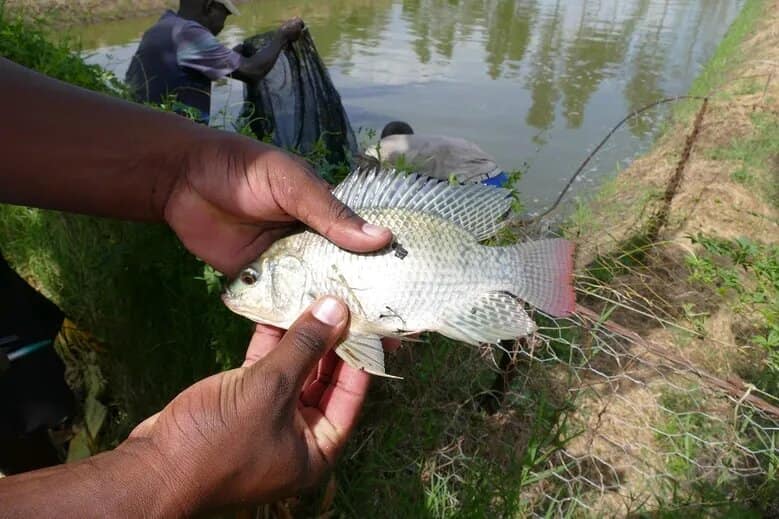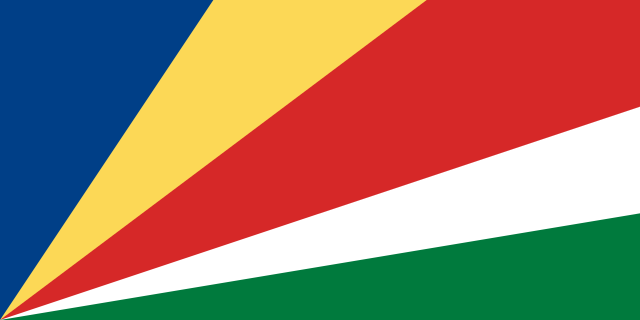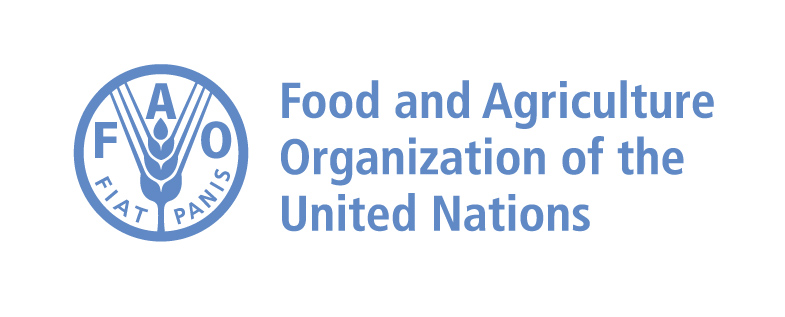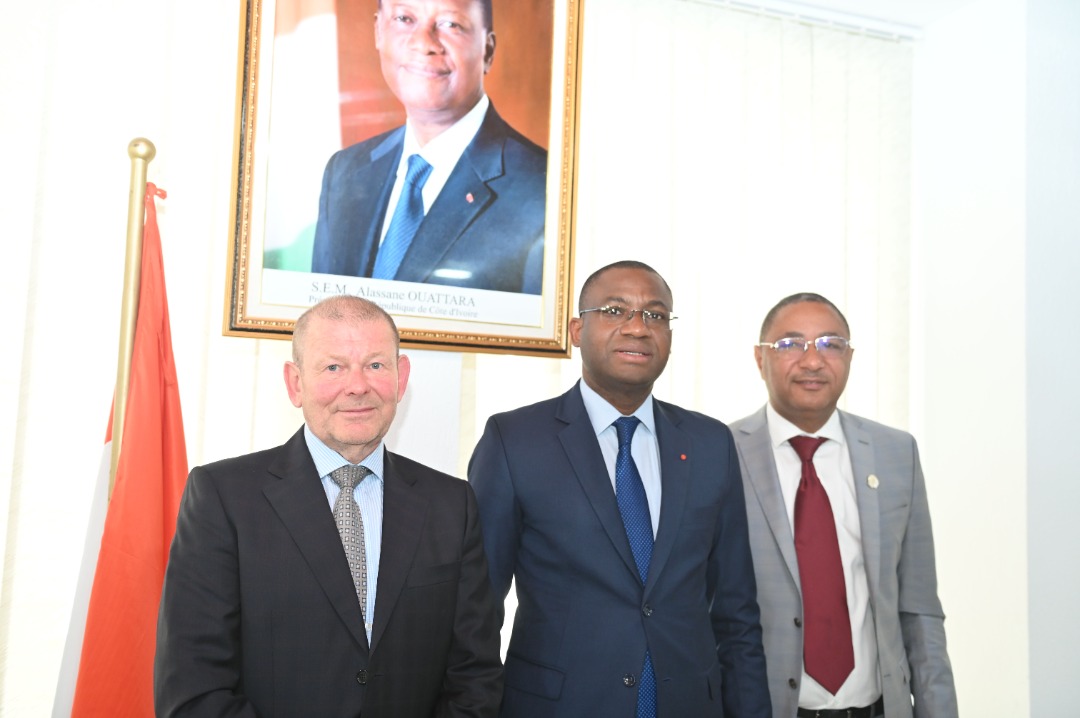Background
Aquaculture is the regular production of aquatic plants and animals under controlled conditions. Approximately 90% of fish produced in West Africa comes from artisanal capture fisheries (from the sea and inland waters) and from cultured fisheries. Aquaculture is likely the fastest growing sector, accounting for almost 52% of the world’s fish food lately and is seen as having the greatest potential to meet the growing demand for seafood.
However, production in the FCWC region is sub-optimal despite the existing potential for the development of a responsible culture. The FCWC’s mission is to create an enabling environment for the sustainable development of fisheries in the region to a level of self-sufficiency in fish production, both capture and culture fisheries, as well as encouraging efficient utilization of fish and rational exploitation of the resources with adequate conservation measures put in place to ensure sustainability.
Given the projected population growth in the coming decades in the sub-region and the fact that most marine capture fisheries resources are either overexploited or fully exploited, there is a strong need to focus on promoting aquaculture development.
Working Group on Aquaculture (WGAq)
It is against this backdrop that the 6th Conference of Ministers of the Committee in 2012 strongly recommended making aquaculture development one of FCWC’s intervention areas.
Following this recommendation, the first regional seminar on aquaculture development, held in Cotonou, Benin, from 3rd to 5th March 2020, also led to the creation of a permanent framework for consultation and reflection on the theme of aquaculture development in the sub-region.
Finally, the latest FCWC Strategic Action Plan (SAP) 2021-2030 identified aquaculture development as a strategic priority to be implemented by the Secretariat, Member States and partners.
On 10-11 November 2021, the FCWC Secretariat, in partnership of japonese International cooperation Agency (JICA) and the Ministerial Conference on fisheries cooperation of Africa States of Atlantique ocean (ATLAFCO) held a kick-off workshop for the Working Group on Aquaculture (WGAq) in Abidjan, Cote d’Ivoire, leading to the adoption of its three-year action plan 2022 – 2024.
The WGAq mission is “to create a coordinated regional stakeholders networking initiative to support aquaculture development actions in the FCWC jurisdictions in accordance with the Comprehensive Strategic Framework for Sustainable of Fisheries and Aquaculture Development (CSFS FAD) of ECOWAS.
As baseline of the Aquaculture status in FCWC région, find below comparative level of Aquaculture development in countries of the region :
| Challenges | CÔTE D’IVOIRE | BENIN | LIBERIA | GHANA | TOGO | NIGERIA |
| High food cost | X | X | X | X | ||
| Flow difficulties | X | X | ||||
| Limited knowledge of aquaculture production techniques | X | X | X | |||
| Weak professional status in the sector | X | X | X | X | X | |
| Poor interest in the private sector | X | |||||
| Poor quality of fry | X | X | X | X | ||
| Lack of credit | X | X | X | |||
| Disease | X | X | ||||
| Research problems | X | X | X | |||
| Absence of a consultation framework | X | X | ||||
| Insufficient market for small-scale producers | X | X | X | |||
| Product not adapted to the market | X | |||||
| Insufficient public sector support | X | X | ||||
| Poor road infrastructure | X | X | ||||
| Weak rules enforcement | X | |||||
| Water problem | X | |||||
| Absence of breeding program | X | X |
Permanent Members of the WGAq
| Benin | Francoise Assogba Komlan Houenou Hypolite Eugene C. Dessouassi Christian Guidibi |
| Cote d’Ivoire | Dr Kouassi N’Goran Millan Augustin |
| Ghana | Dr. Armah Ahiah Seth K. Agyakwah Gifty Abache |
| Liberia | Zizi S. Kpadeh Mallay Harris Albert Porte |
| Nigeria | Emmanuel Pwaspo Paul Bolorun Mfon Dominic Amin Bola |
| Togo | Kebenzigato Baniele Tcharie Kouglo Yaovi N’Feide Toi Akakpovi Kokou |
Learn More About Aquaculture






